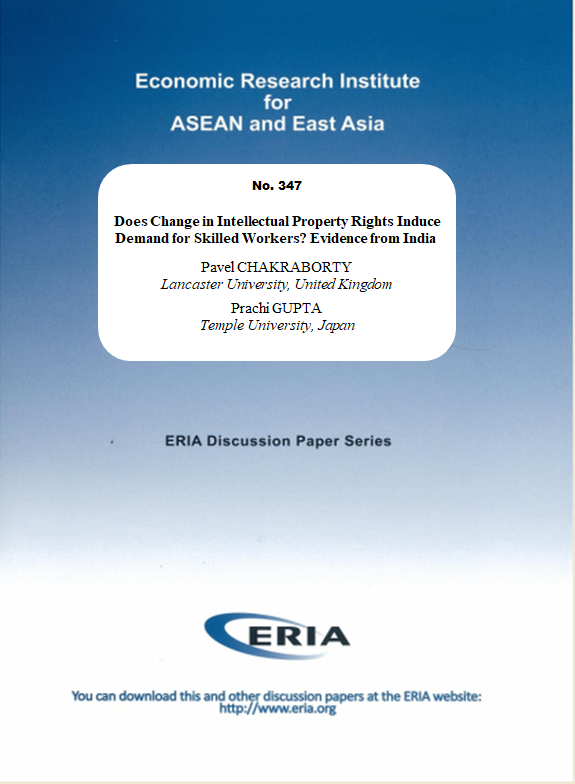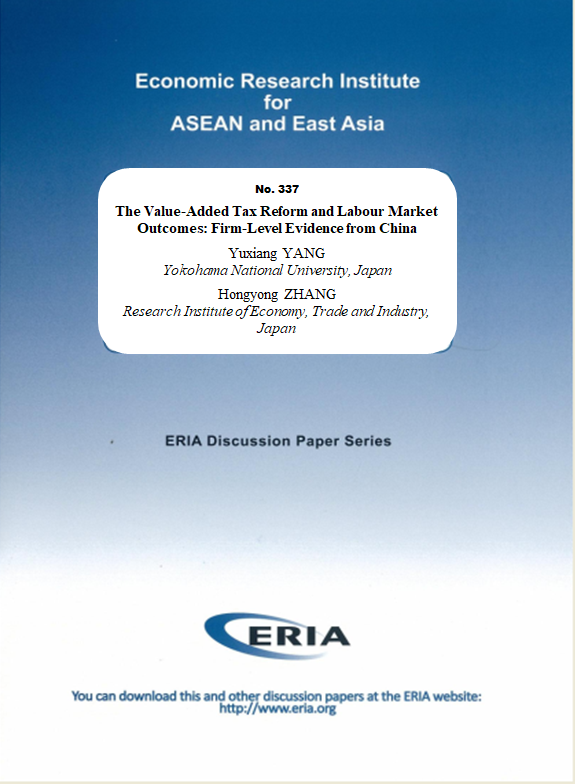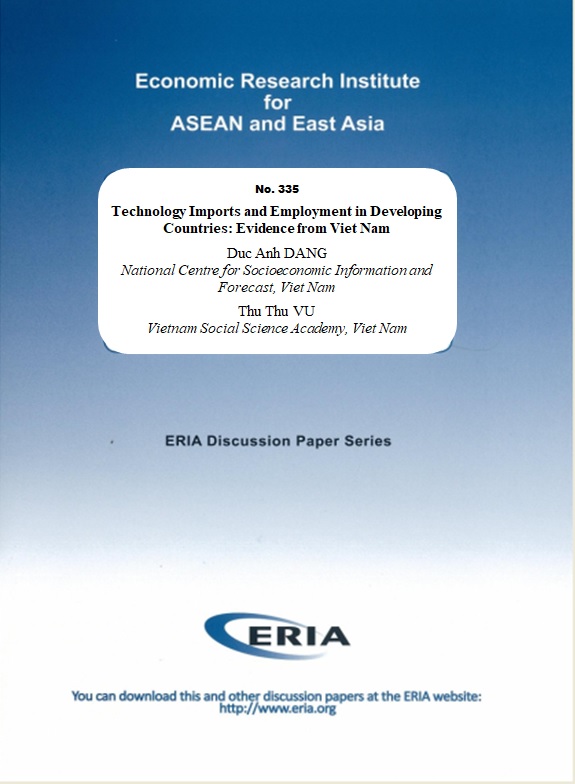Does Change in Intellectual Property Rights Induce Demand for Skilled Workers? Evidence from India

Date:
6 November 2020Category:
India, Innovation and Technology, Labour and MigrationType:
Discussion PapersTags:
India, Innovation and Technology, Labour and MigrationPrint Article:
Do incentives to innovate create demand for skilled workers more than proportionately? We study the question using the implementation of the Patent (Amendment) Act in India in 2002 to comply with the Trade-Related Intellectual Property Rights agreement. We find, first, stronger intellectual property protection has a sharper impact on demand for skilled workers for high patentable industries. Demand for skilled workers increased by 0.5%–2.9% for industries that are more patentable. The average compensation for skilled workers went up by 10% in high patentable industries but decreased for unskilled workers by about 2%. Second, the increase in wage inequality can partly be attributed to the increase in wages rather than incentives. Third, the increase in demand for skilled workers is due to both the increase in intensive margin (or price) and extensive margin (number). Fourth, the aggregate effect is completely driven by industries producing intermediate goods and big plants. Finally, the reforms led to a significant reallocation of resources between industries. The high patentable industries invested more in technology adoption, started to produce more product varieties at higher quality, and filed for more product patent claims. Broadly, we demonstrate that stronger intellectual property protection leads to higher wage inequality between industries.
Does Change in Intellectual Property Rights Induce Demand for Skilled Workers? Evidence from India




